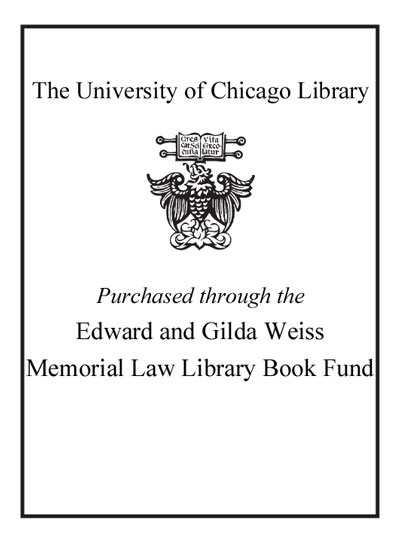Review by Choice Review
Kassner (Univ. of Baltimore) begins with the abysmal failure of the UN, the US, and the international community in general to respond to blatant evidence of genocide in Rwanda in 1994. Recognizing that this was a moral as well as a political failure, he proceeds to call for reform of the normative framework that shapes international relations when genocide occurs. The weakness of the present system is rooted in principles such as sovereignty and nonintervention that limit the capabilities of institutions such as the UN. Kassner presents a remarkably thorough philosophical (but very limited political) analysis before he concludes with prescriptions that are idealistic, albeit reasonable. Therein he considers three basic phases and necessary functions of humanitarian interventions along with the necessary capabilities of types of institutions that must be coordinated, even in the final phase of reconstruction. Kassner argues that regional organizations such as the African Union must be expected to play a more proactive role in encouraging and facilitating interventions; institutions such as the UN must then respond substantively and coordinate numerous organizations that participate in various ways. Summing Up: Recommended. Graduate and research collections. P. G. Conway emeritus, SUNY College at Oneonta
Copyright American Library Association, used with permission.
Review by Choice Review


